Everyone knows that Assad was the behind the May 25th massacre of women and children in Houla. The villagers know it, Syrian citizens know it, Kofi Annan knows it, Hillary Clinton and Barack Obama know it. Yet, Syrian President Bashar Assad has made it a point to publicly deny any role in it. In fact, in his first speech in five months, Assad’s done more than that. He’s lied… blaming “foreign instigators” and “terrorists” for the massacre rather than simply keeping quiet.
Why deny something that everyone knows you’re responsible for? And why continue to deny 9 days after the event occurred, when all evidence points to you?
The answer is fairly simple. Assad’s strategy is to deny the obvious in order to plant an important seed of doubt. Doubt, not in the eyes of villagers who witnessed the violence. They have no doubt who was behind it. Not in the eyes of state leaders such as Obama whose intelligence capabilities gives him all the information he needs. He has no doubt who is to blame. Instead, Assad’s denial is aimed at average citizens in rich, democratic countries around the world who are debating whether to intervene in Syria to stop the bloodshed or to stay out.
Right now the greatest threat to Assad’s regime is outside intervention in favor of the opposition. The longer Assad can convince the international community to stay out, the longer he is likely to stay in power. The leaders of most of the world’s great powers, including the United States, would prefer to stay on the sidelines. No one wants to send soldiers to another Middle Eastern country, especially one with a relatively strong army, a disorganized opposition, and with active opposition from Russia and China.
But the countries that are most likely to intervene are also democracies, and politicians in democracies cannot ignore public opinion. The more pressure the public places on their democratically elected leaders to “do something,” the more likely these leaders are to respond with action. Especially if those cries come in the months leading up to a contentious election.
This is where Assad’s denial comes in. Average citizens in the United States, France and Britain are far less informed about who actually did the killing than the villagers in Houla or any politician. This uncertainty creates an opening for Assad to exploit. By denying any involvement, Assad is planting a seed of doubt that he wasn’t involved. And a seed of doubt might be all he needs to convince voters he isn’t a monster and that outside intervention isn’t necessary.


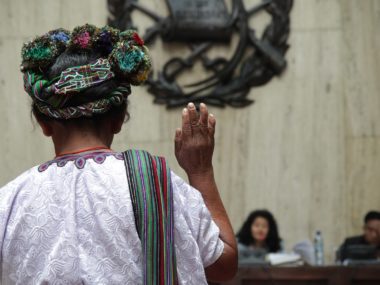
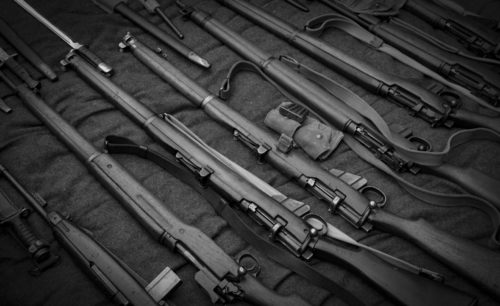
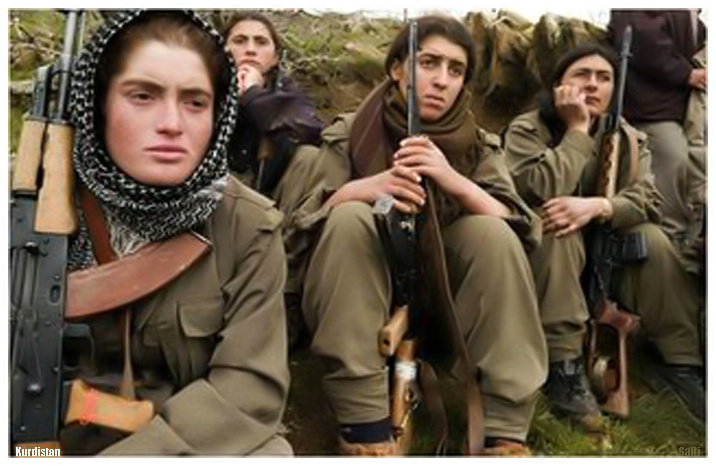
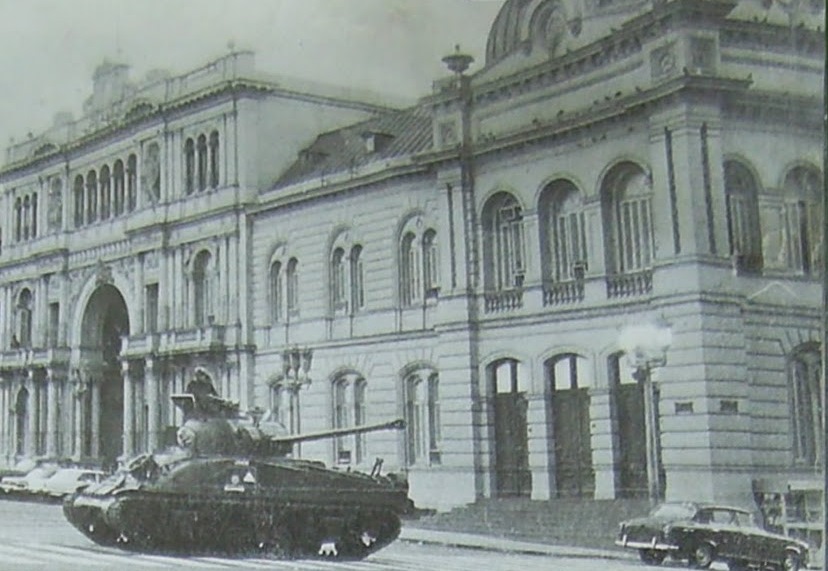
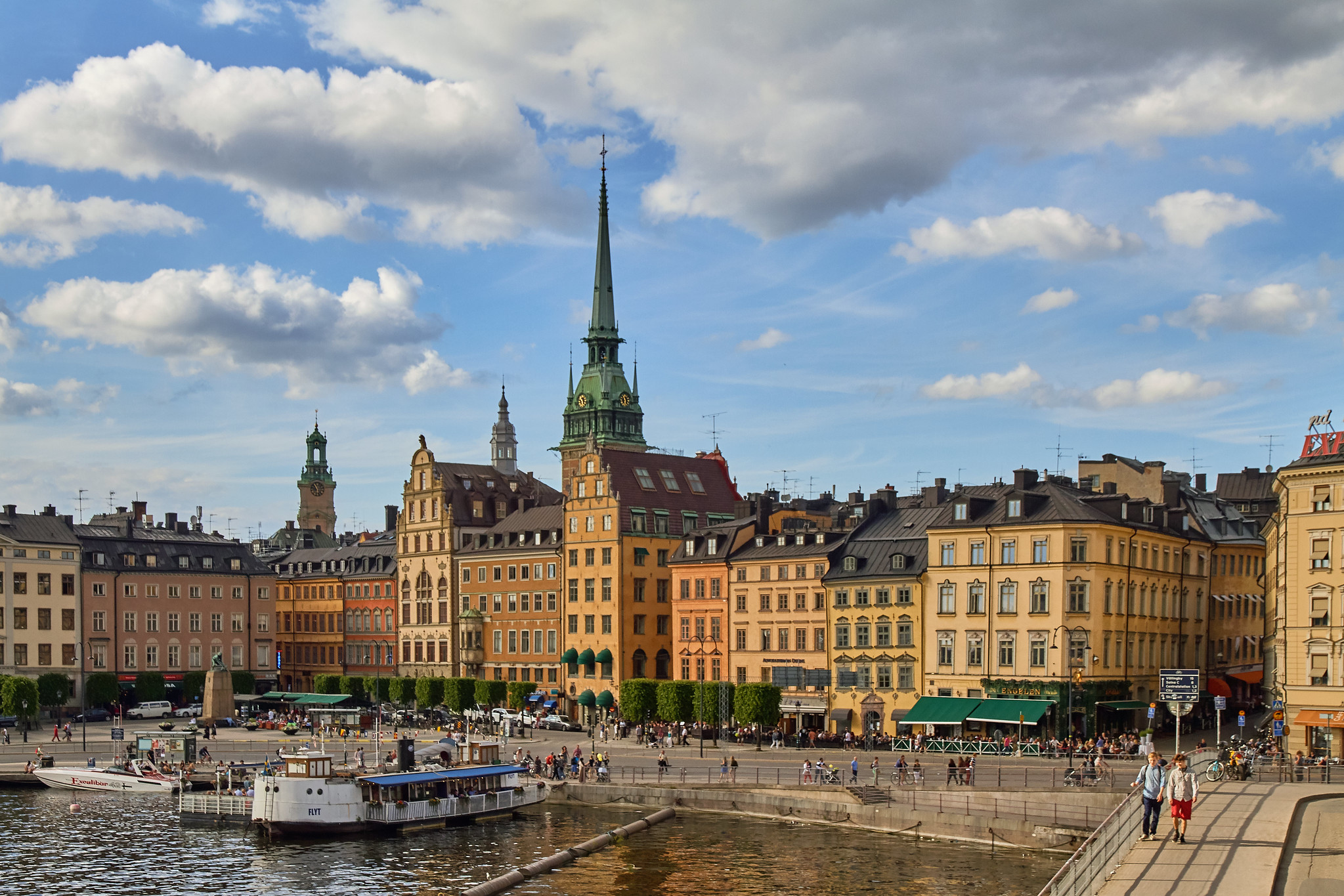
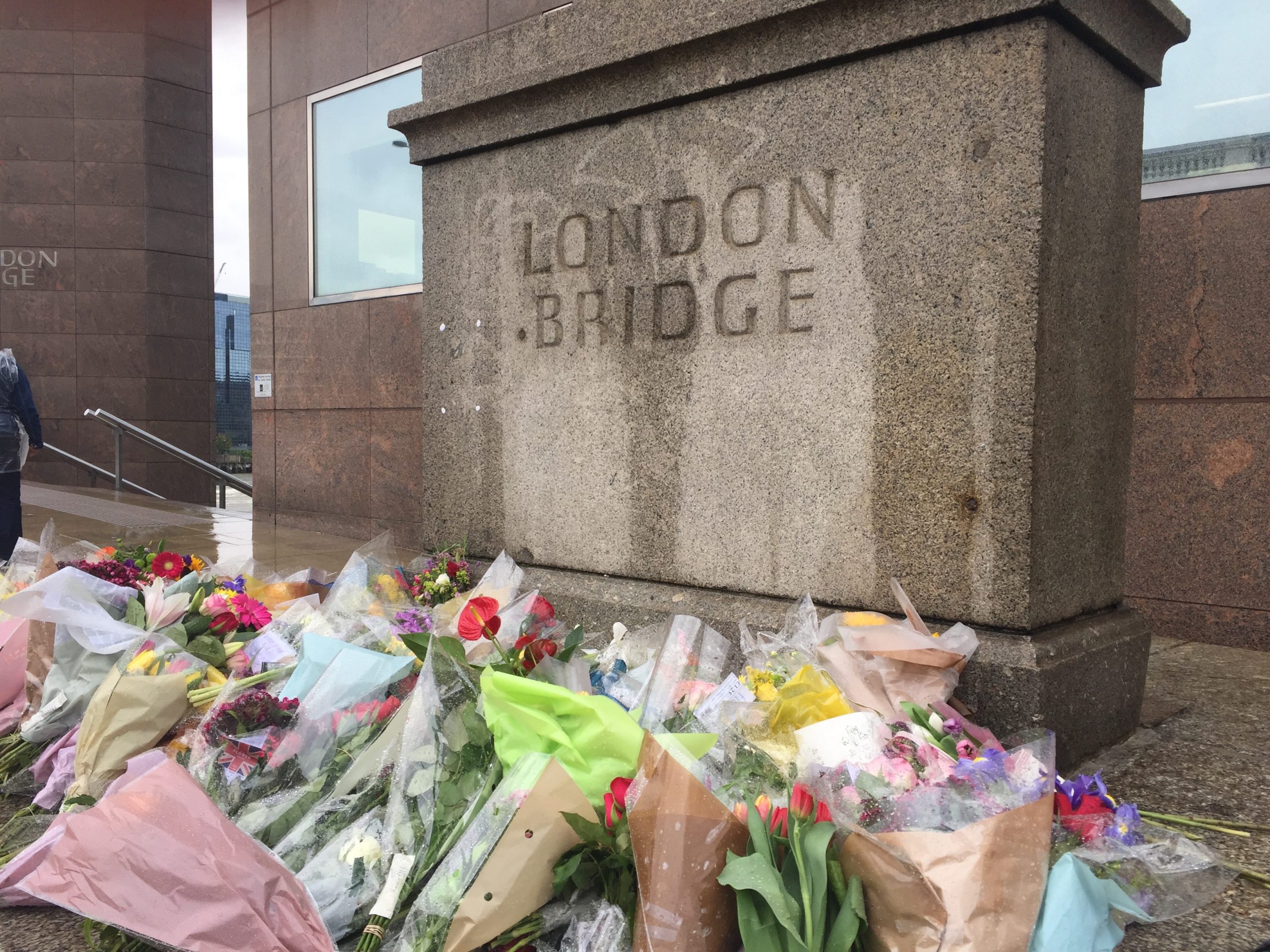
0 comments
of course, you have incontrovertible evidence of this.
Came in via Dan Drezner’s blog. I am really interested in this post, because it seems like a lot of dictators nowadays engage in denial & blaming others. It doesn’t always make a lot of sense: don’t they look weak when they say so many foreign and alien influences are acting under their nose?
I guess what I’d like to hear more about is the relation between the incentives for denial and ideology. To what degree are we talking about governments that embrace some kind of nationalist/revolutionary rhetoric and that has to be the default story? To what degree is that rhetoric some kind of insistence on the primacy of self-determination, thus making the planting of “doubt” a (somewhat) viable strategy?
Actually, your initial declaration is utterly wrong. Not only is there no proof whatsoever that implicates any one group in the Houla massacre, a growing number of people suspect that Assad was not behind it. (See today’s Frankfurter Algemeine Zeitung.)